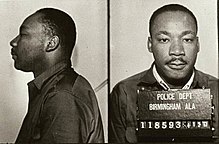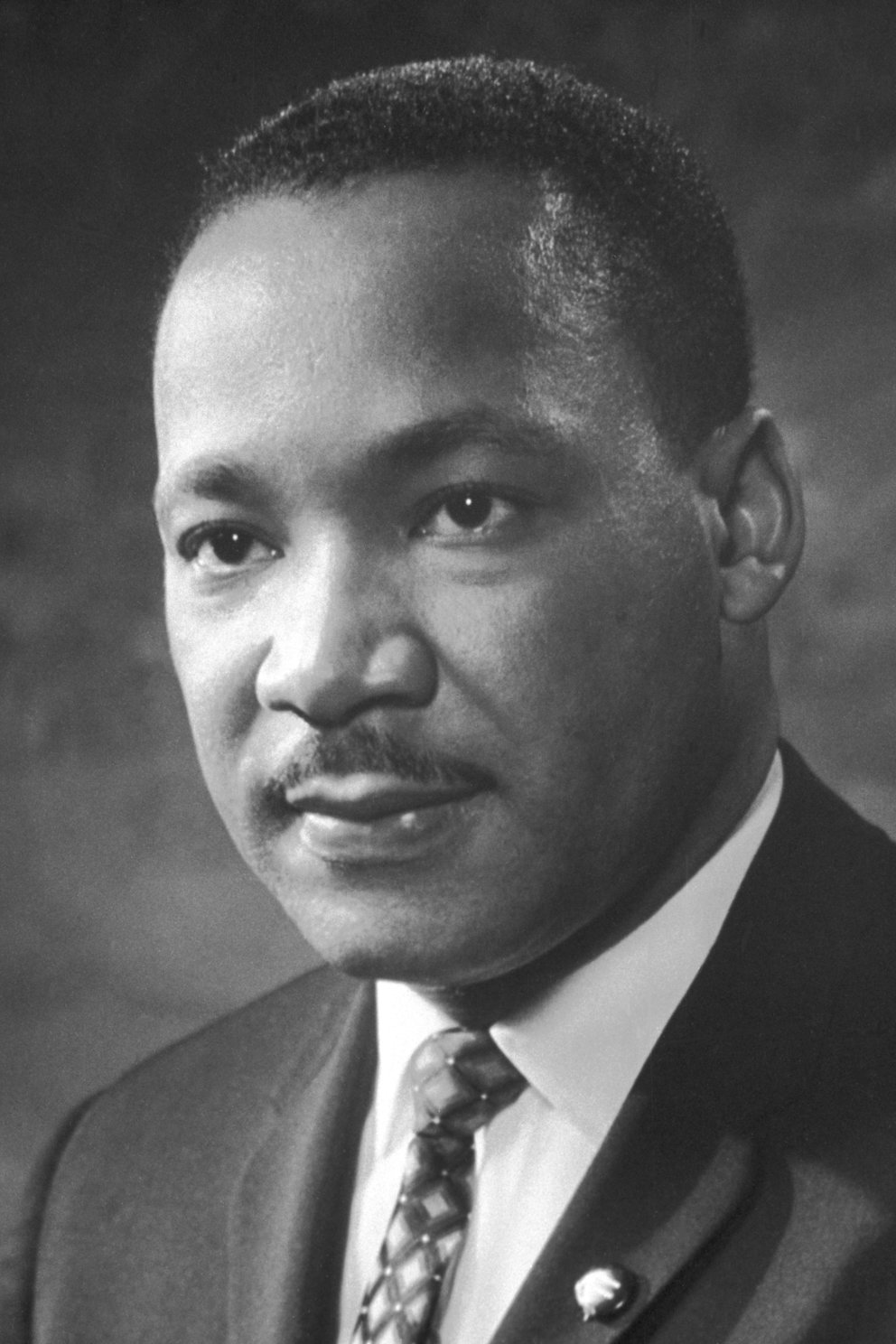Millions of Americans will celebrate the legacy and accomplishments of Martin Luther King, Jr. today, oblivious to the well-documented fact that MLK's Christian faith was the very foundation, substance, and rationale behind all of the reforms for which he advocated. An ordained Baptist minister, King founded the Southern Christian Leadership Conference as a tangible application of the teachings and principles of the Bible, and he organized multiple marches based entirely on the principles of non-violent resistance which were derived straight from Jesus' Sermon on the Mount (inspired by Gandhi's example, who also derived his understanding from the Sermon on the Mount). King's legendary "I Have a Dream Speech," indisputably ranked as one of the greatest speeches of all time (by nearly every speech and rhetoric group there is) is laden with Biblical imagery, metaphors, and concepts, and its principles and applications cannot be rightly understood nor accomplished apart from Christian faith. King is undoubtedly an example of Christianity lived right and it is good that that we celebrate.
Sadly, he will be referred to tens of thousands of times today as a "civil rights leader" and praised for his civil rights reforms, but seldom will he be called a "pastor" or "ministry leader," even though this was his primary identity while he was alive and how he was most often introduced. Rarely will those who laud his accomplishments acknowledge the source of his reforms was his Christian faith nor that the inspiration for his efforts was the work of Jesus in his life. This is cultural appropriation at its most perverse: Celebrating the outcome while repudiating the means, claiming the results while distancing oneself from the motives, iconizing the messenger while categorically denying the man behind the image, and categorically reducing the sum total of a ministry leader's tangible application of Jesus' teachings to a mere accolade of "civil rights reform."
Ironically, thousands of those who detest Christianity and who most vehemently protest Christians' insistence that it is impossible to separate one's beliefs from behavior in public and the marketplace and that Christianity is only rightly expressed when it is lived out as Jesus taught will simultaneously champion King's legacy today while categorically rejecting the efforts of dozens of other well-known "activists" who have stood up to heavy-handed societal and governmental injustices and chose instead to live and act according to the teachings of the Bible, even when it's unpopular or has been made illegal to do so. Have we forgotten that King was beaten, jailed, criticized, condemned, and ostracized for his actions?
 Indeed, many who praise King today would have vilified him in his day. Right now there are dozens (actually hundreds) of Christian leaders who at this very moment are facing lawsuits, unjust fines, repossessions of their property and shutdowns of their businesses simply for choosing to live out the teachings of their faith in practical, tangible ways where they live and work, amidst a society that would rather Christians keep their faith private. One day their efforts, too, may be championed as "civil rights reform" and their beliefs and behaviors validated, but right now it's a living hell of fighting an unjust system which seeks to silence all dissenters rather than embody the civil discourse and mutual respect which enables a civilization to thrive. And sadly, many of their worst critics are those who claim to share their faith but think it's preferable to keep such matters private. I, for one, am grateful that King chose not to keep his faith to himself!
Indeed, many who praise King today would have vilified him in his day. Right now there are dozens (actually hundreds) of Christian leaders who at this very moment are facing lawsuits, unjust fines, repossessions of their property and shutdowns of their businesses simply for choosing to live out the teachings of their faith in practical, tangible ways where they live and work, amidst a society that would rather Christians keep their faith private. One day their efforts, too, may be championed as "civil rights reform" and their beliefs and behaviors validated, but right now it's a living hell of fighting an unjust system which seeks to silence all dissenters rather than embody the civil discourse and mutual respect which enables a civilization to thrive. And sadly, many of their worst critics are those who claim to share their faith but think it's preferable to keep such matters private. I, for one, am grateful that King chose not to keep his faith to himself!Yes, let's give the man his due today. Martin Luther King, Jr's life and legacy deserve to be celebrated. But please don't stop there, or you'll simply be doing him and his legacy lip service, invalidating his efforts by disassociating the reason for his reforms from the outcomes he achieved. Instead, work to end the tyranny of persecution no matter the source (even when it's us) and no matter the recipients (even when it's somebody we don't like or can't stand). And don't even pretend that King's work is finished or try to rest until "the sons of former slaves and the sons of former slave owners will be able to sit down together at the table of brotherhood." Until the day comes when King's descendants "will not be judged by the color of their skin but by the content of their character," King's dream has not yet been realized.
King's speech (transcript, audio, & pics) can be viewed on American Rhetoric's "Top 100 Speeches," where it is #1: http://www.americanrhetoric.com/speeches/mlkihaveadream.htm

